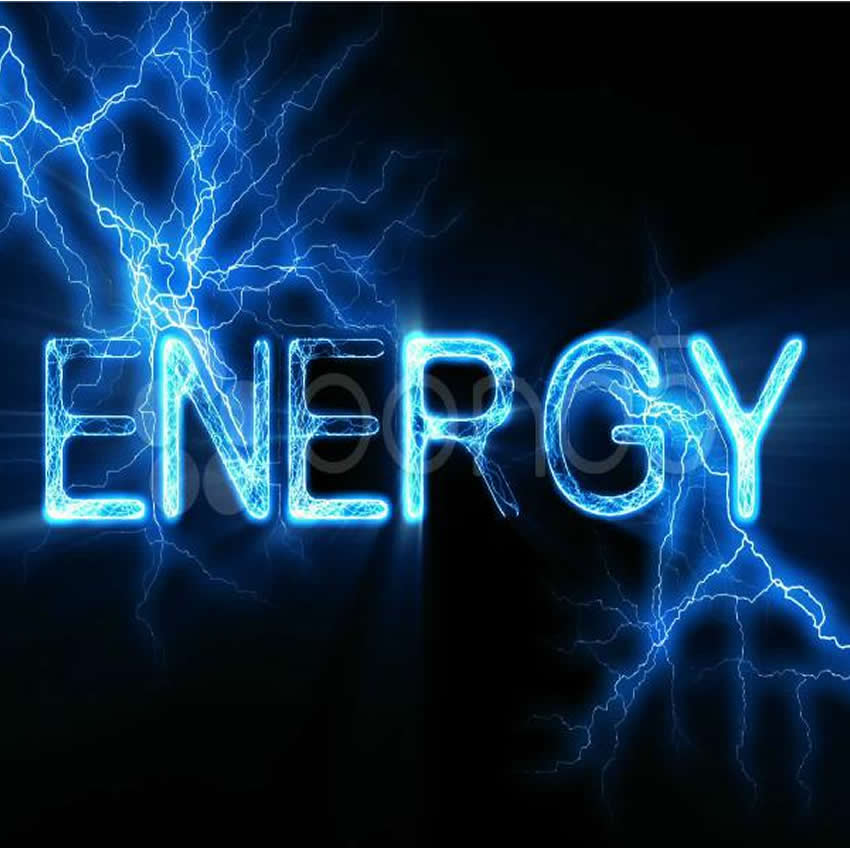Choosing the right energy efficient dehumidifiers to fit your home needs is one of the biggest things you can do to increase energy savings, as well as get rid of excess humidity in your home. You may wonder why this matters so much, but in order to have the best dehumidifier, you don’t have to go spend a fortune on something you don’t need, although you do need to realize a few key elements, which we’ll cover in this guide.
How to Know if a Dehumidifier is Necessary
If you want to know if you have an excessive amount of humidity in your home, all you need is a hygrometer, which you can even buy from big outlet stores like BestDehumidifiersReviews.net for less than $14 after sales tax. Most of these items display both the temperature and the relative humidity inside your home. Anything above 50% can cause mold, bacteria, and even viruses to flourish, and you don’t want that. There are other telltale signs like musty smell, wall and window condensation (on the inside), water stains on the walls or ceilings that are not caused by leaks, increased problems with allergies, and even seeing more mold growth than normal where it shouldn’t be (in open areas).
How to Choose the Right Dehumidifier
In order to make sure that you get the best energy efficiency out of a dehumidifier, get a larger size than you actually need. If your home is only a 1000 square foot home (or room), and you end up getting a dehumidifier that is that size, it will turn on and off more often, or constantly run more often, which decreases energy efficiency. By getting a dehumidifier that covers 1400 square feet for a slightly higher price, you will be getting one that can do the job well and have plenty of downtime in between.
What about Energy Star?
Always make sure that your dehumidifier you choose to buy has an ENERGY STAR® sticker on it. This means you’ll be able to optimize your usage the right way and that the product has features to help you save more electricity over time.
Other Tips
You need to also consider what types of humidifiers you’re going to need. For example, if you live in a warmer climate, you may want to invest in a compressor dehumidifier. These dehumidifiers are great for hot summers, as well as warm climates, but if the temperature isn’t very high, they can be insufficient for a cooler climate. They can also be noisy a little bit so you want to make sure you place them out of the way in your home. If it’s your basement you’re worried about, a desiccant dehumidifier uses a wheel-style air flow ring that absorbs, then constantly reheats and dries up moisture, similar to the way silica gel works. There are even more types to choose from as well depending on your needs.
Conclusion
It doesn’t just matter what type you get, but also what your actual needs for a dehumidifier are that make a difference to you when it comes to maximum energy efficiency. By following some of the tips in this guide, as well as doing plenty of research on the different types and sizes of energy efficient dehumidifiers, you can make sure you save money in the long run on overall costs that it may take to dehumidify your home. If you have severe standing moisture on your floors for example, you’re going to need more than a dehumidifier. But once that is cleaned up, one of these awesome machines can greatly reduce the need for other things in your home, and has been known to even be used in helping your home dry (such as after flood damage repair, etc.) even faster.

